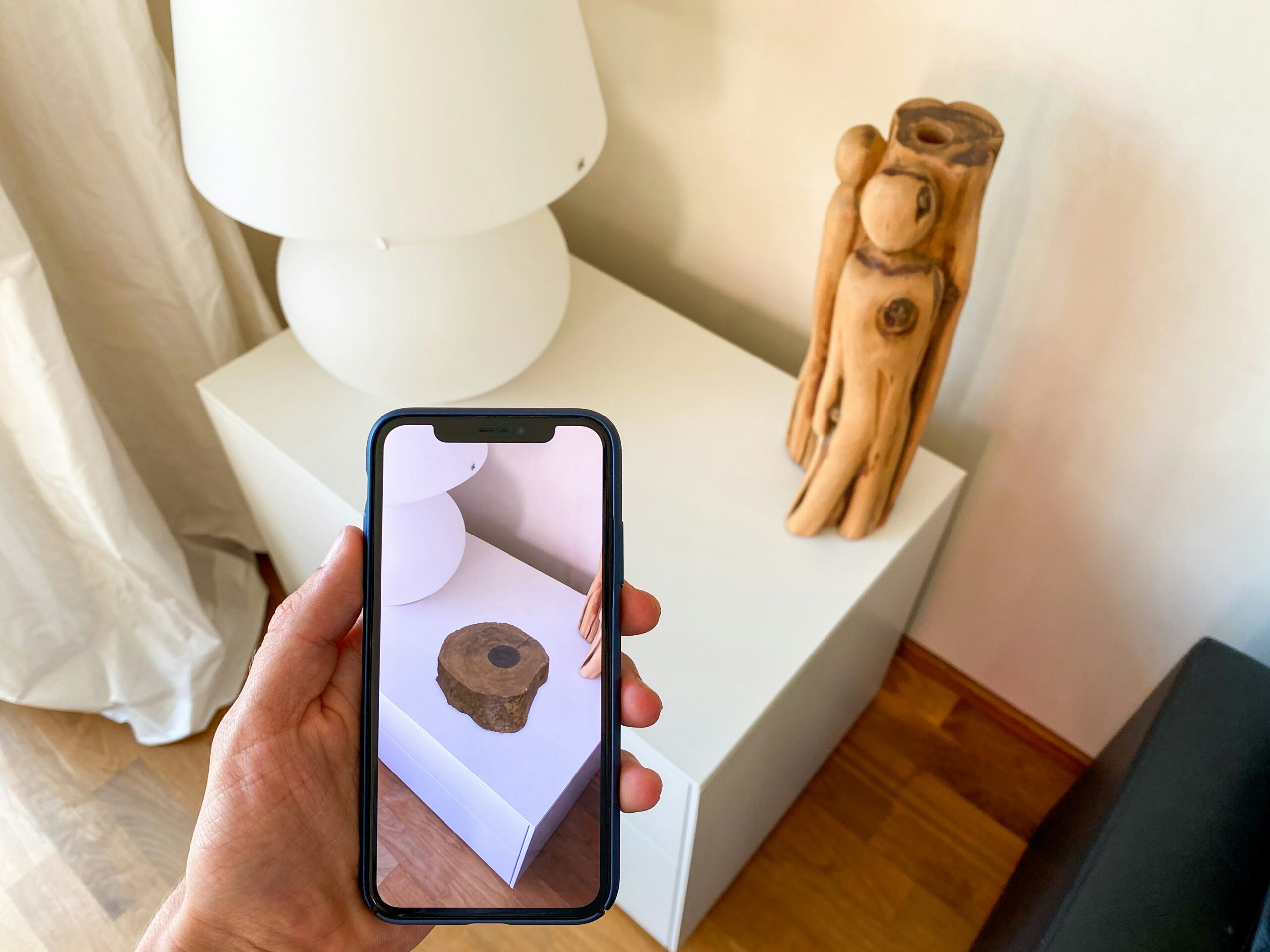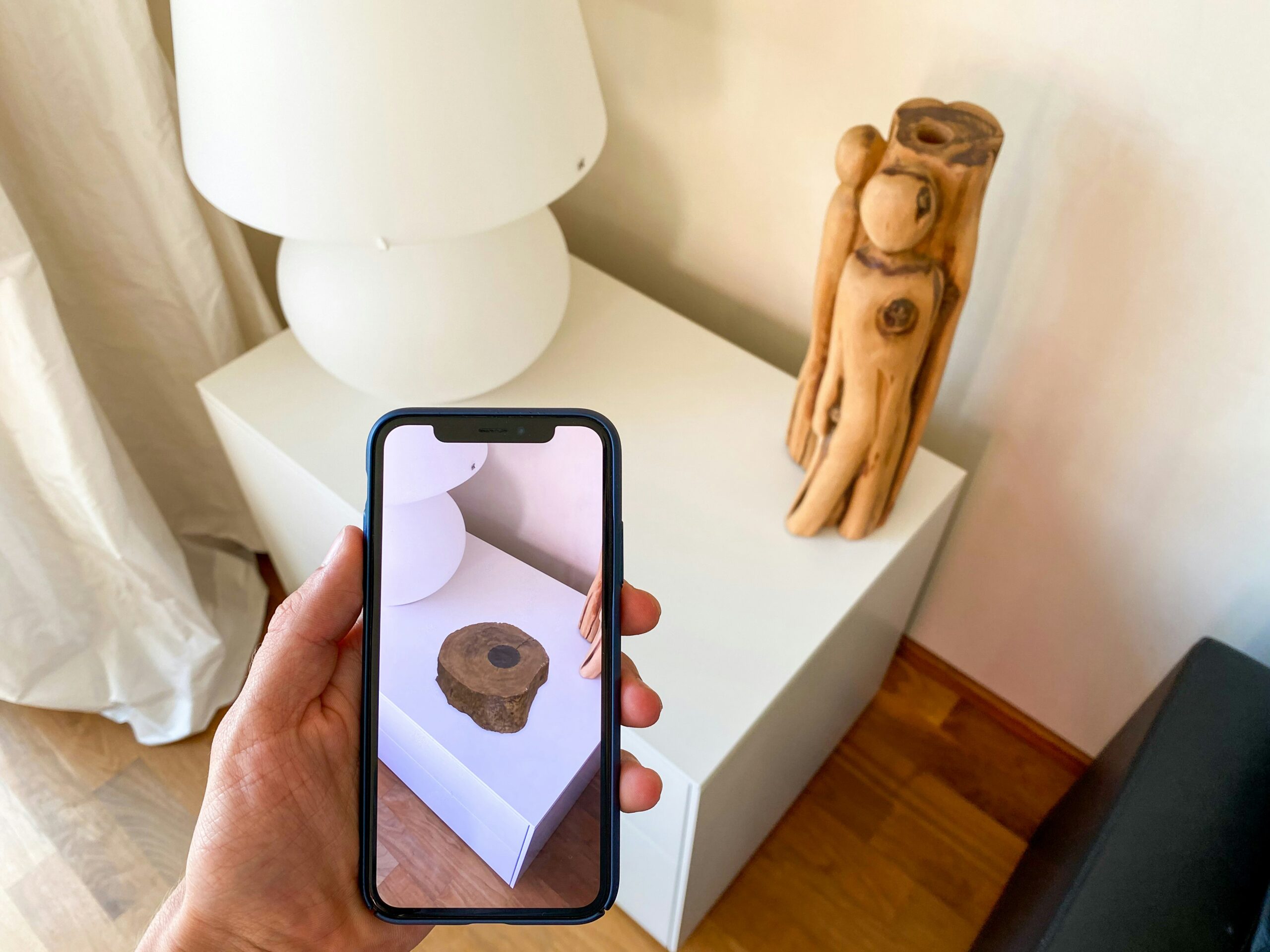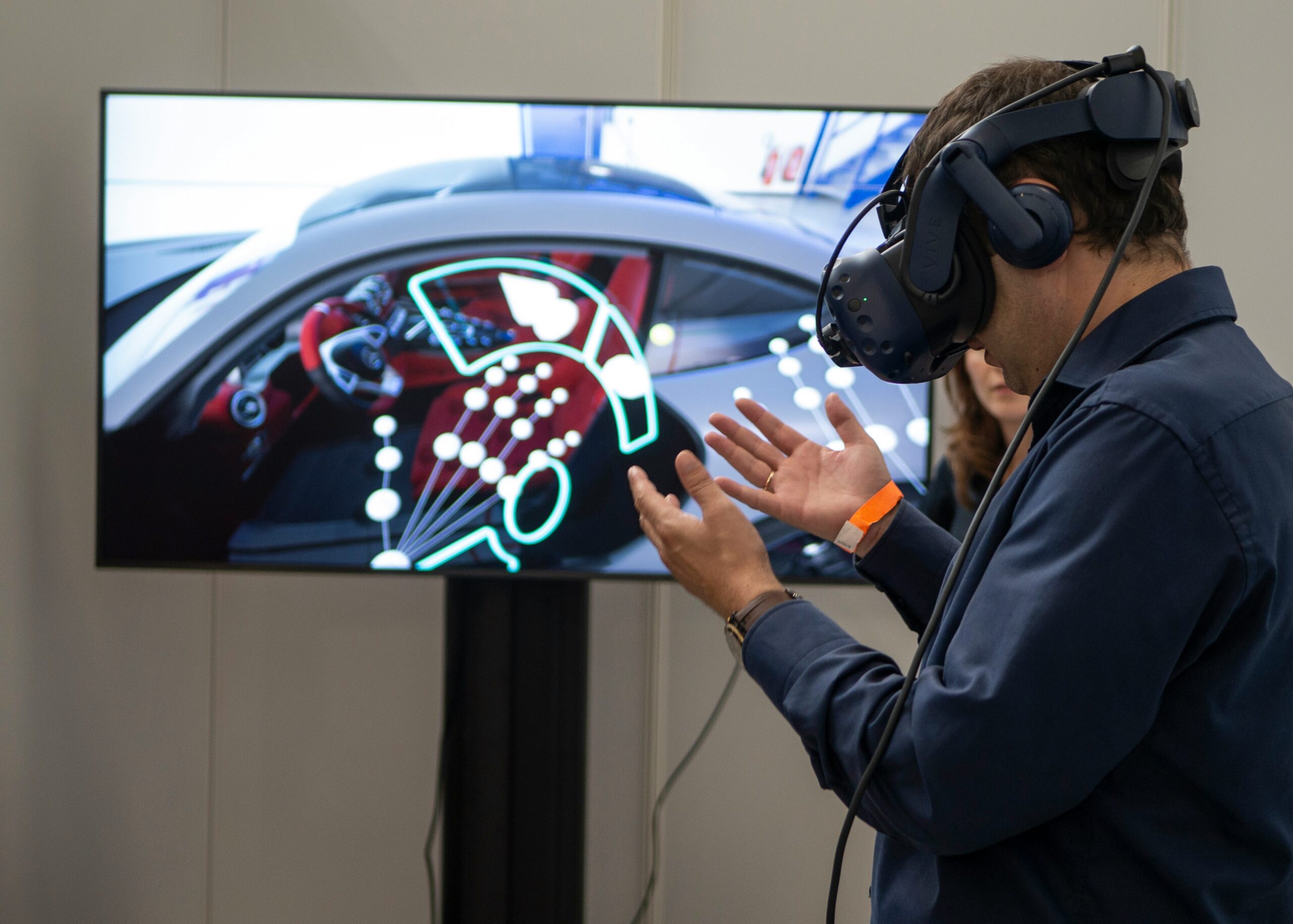Augmented Reality Cognitive Load Paradigm
In an education setting, AR has the potential to support learning and instructions. In a review of research, study comparison reported conflicting conclusions. You are reading a snapshot review Augmented Reality AR Research Cognitive Load Paradigm.

Furthermore, some studies reported decreases in cognitive load while others report cognitive overload.
A top challenge for AR applications is usability, ease of use is an advantage.
If there is a usability issue, does it stem from inadequate experience using the technology, design interface errors, other problems? A possible negative approach by the instructor needed more research?
Moreover, advantages include “combination of virtual and real objects in a real setting.”
Challenges do exist, significant pedagogical such as time demands of the classroom, crowding, lack of instructor experience, and technical issues remain unresolved.
Overall, these challenges are not insurmountable and should not deter AR use.
The current reported technical issues included low sensitivity trigger to recognition and GPS error, with potential resolutions on the horizon.
Consequently, a few prerequisites include hardware such as mobile devices and a hard internet connection. The future appears open to welcome AR applications when these requirements are met and useful in education.
An educational setting includes both in an institution or a business workplace.
Authors Murat Akcayir, Gokce Akcayir – Published 5 November 2016. With 102 articles discovered and revised down to 68 articles based on relevancy.






Add comment